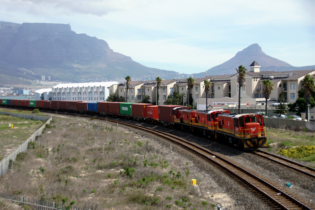1) Not following maintenance schedules: postponing routine maintenance costs more money in the long run and it becomes easy to rationalise that a vehicle could wait just a little longer for its service. Routine postponements will end in disaster.
2) Neglecting driver training: driver training expense is paid back many times over in fewer accidents, lower fuel consumption, lower maintenance costs, lower staff turnover and increased productivity. Research also shows that training is an excellent staff-retention strategy. 3) Vehicle miss-fitting: overloaded vehicles break down prematurely at great cost to fleet managers. Choosing the right vehicle for the job requires careful thought, long-term thinking and cold calculations. 4) Neglecting fleet policy: the best fleets have comprehensive fleet policies that set clear rules for everyone from depot managers to drivers. It should be a live document, constantly adapted and reside in the thoughts of staff members. 5) Poor communication: the basis of getting a fleet policy off paper and adopted by the team is good communication. Communications technology has removed virtually all obstacles to direct communication between management and fleet.6) Failing to incentivise: discipline and adherence to road rules are far more likely when good behaviour is adequately incentivised.
7) Not adapting to change and innovation: fleet managers not embracing change, who do not innovate and who do not constantly seek out best practices will find that their fleets lose competitive edge. 8) Not adequately leveraging telematics: telematics can put vast oceans of information at the fingertips of fleet managers about their entire fleet. Used correctly, these streams of information can turn a fleet into a super-streamlined operation. 9) Using inaccurate information: regularly checking and cross checking report samples ensures that information from the field is accurate. 10) Not using predictive modelling: predictive modelling provides specialised computer analysis of a fleet’s data to predict future scenarios, such as accidents and staff turnover, allowing top fleets to supercharge their strategic decision making.






